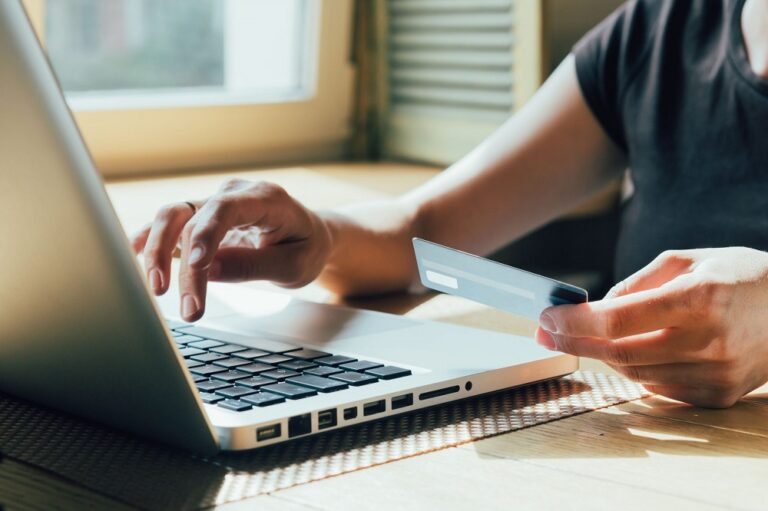Cybercriminals or hackers can go to deep lengths to steal your data. Most of the transactions today happen over the Internet at the websites. Internet transactions, online shopping, and purchases are making the world more connected virtually pose a significant threat as we expose our data to cybercriminals or hackers. But do you know what they do with these credit credentials? Data theft is mostly financially driven. The credit card leaked data gets sold over the dark web to the highest bidder, or a loan gets transact under your name. But how do they manage to get these credentials after deep security? Let us look at the ways the hackers try to gain access to your data.
-
Malware:
Various types of Malware software that can get used to steal your personal information, which includes keyloggers, info stealers, banking malware, and more. This software maliciously gets installed in the background in the system. The virus, trojans, or spyware steal the credential data or modify the core functionalities and privately track the victim’s activity. There are also mobile applications that are malicious and can steal data from your mobile. The malicious application can get installed to get account access, device information, Microphone access, screen recording, contact lists, and many others. But how can you take preventive measures to stay safe from these? Always check the genuine application and read the terms and conditions carefully. Do not give any unnecessary permissions that are not required, Check for reviews and the count of downloads, never download applications from third-party apps or pirated versions.
-
Phishing Attack:
Phishing is a fake email or calls to misguide the victim. Hackers create phishing emails by the message stating issues related to bank account credit card leaked details getting leaked, and mostly these emails are such that it appears to be from the genuine source or known organization. These emails will force the victim to take immediate action by clicking the links to activate or deactivate your ATM card or Personal Identification.
-
Unsecured Connections:
Connecting your device over the foreign or Public network makes your device potential to get into the hacker’s notice. These networks can create a roadmap for a hacker to get access to all the data in your mobile and monitor your activity online. Free Wi-Fi is threatening, especially when you carry out any online transaction or browse private conversations. To be safe, never get connected to these networks that you can’t trust and use strong encryption for your home router such as WAP2 instead of open WEP. Read more to find out more about Singapore’s Credit Bureau Report online.

